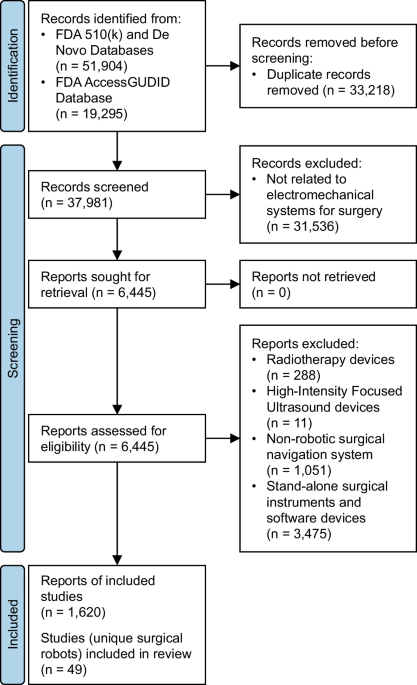Arthur Hanson
Well-known member
Health care in which the US ranked 37th until they had web masters manipulate the figures is set to go from 17% of the economy to 32% by 2030 (they did this after I had a commentary published in Barrons that they reviewed for six weeks before verifying its accuracy. This is enough to torpedo the entire US economy with the average corporate profit margin of only 7.7%. AI/ML and robotics offer our only hope from keeping the economy from literally imploding. AI/ML and advanced robotics offer the only hope not only for medical research, but the ability to deliver quality health care at a price that won't devastate the US economy. From diagnostics to robotic surgery the tech sector is still in its very early stages and offers the only hope of the US economy imploding from soaring medical costs for low quality medical. AI/ML and advanced robotics offer the only hope of saving the US economy, but the massive special interest in the established medical system need to be overcome. Any thoughts, comments or additions sought and welcome.

 www.nature.com
www.nature.com

Levels of autonomy in FDA-cleared surgical robots: a systematic review - npj Digital Medicine
The integration of robotics in surgery has increased over the past decade, and advances in the autonomous capabilities of surgical robots have paralleled that of assistive and industrial robots. However, classification and regulatory frameworks have not kept pace with the increasing autonomy of...
Last edited:


